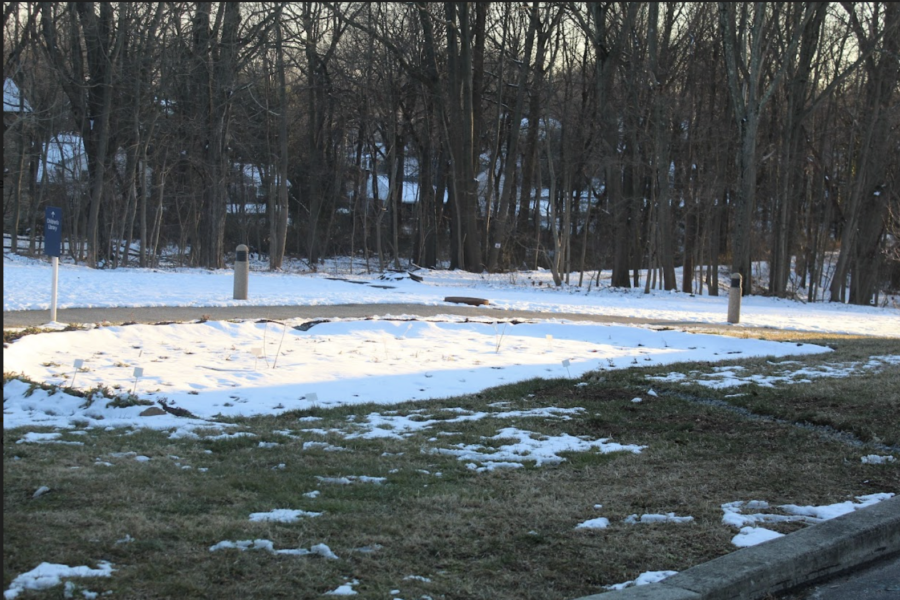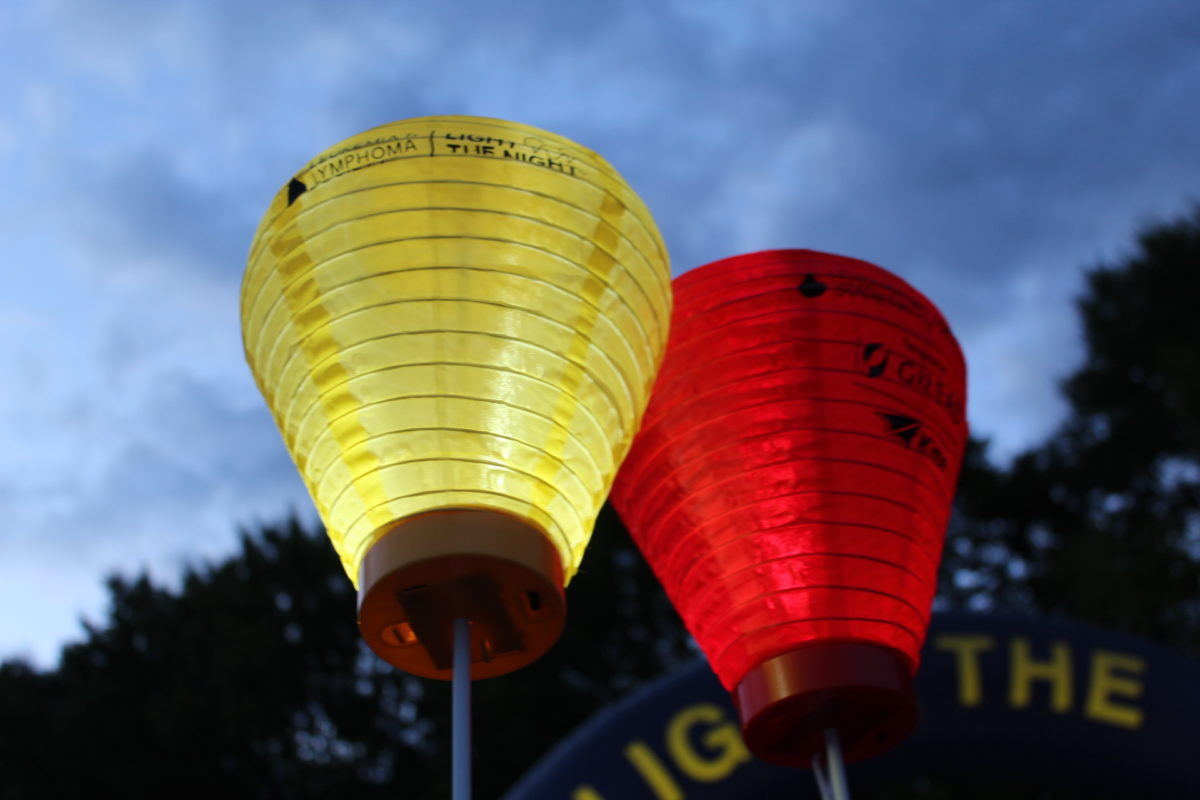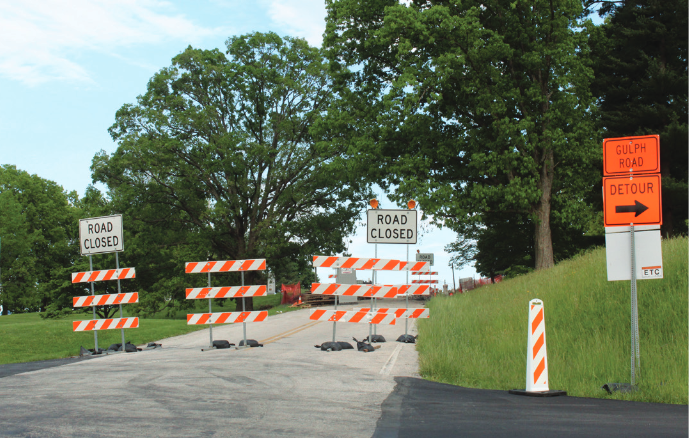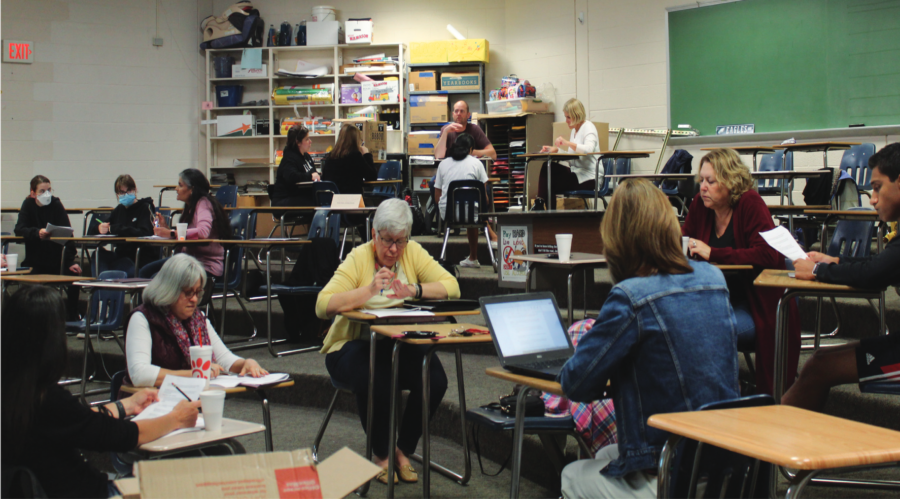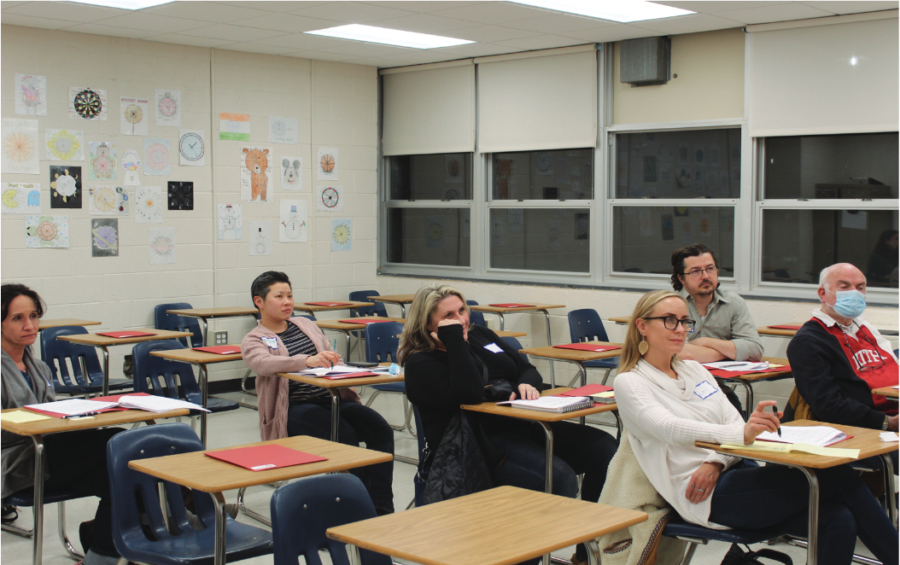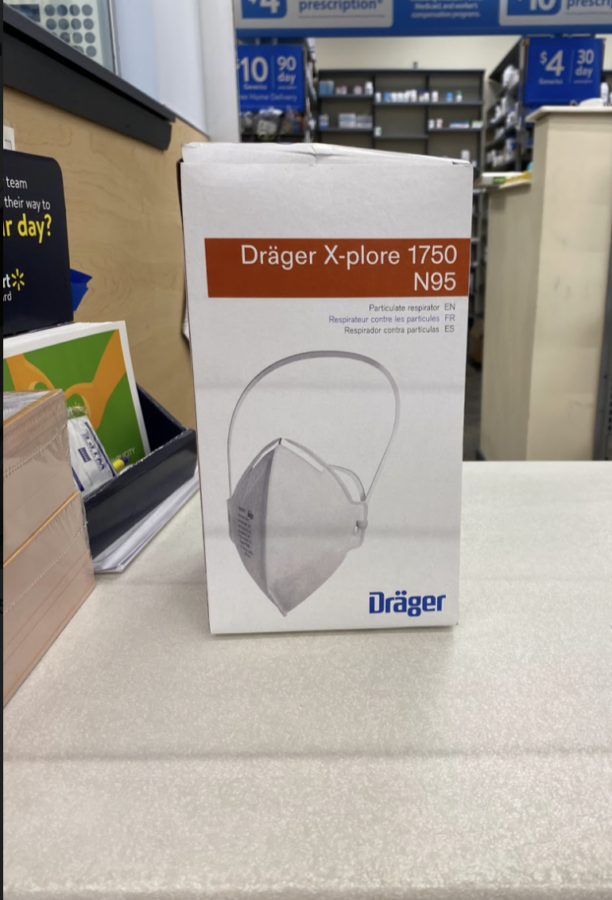By Shrija Krishnan, Staff Reporter
Every thunderstorm, freshman Ara Das’ basement floods with more than three inches of rainwater. A new $1.3 million grant to Chester County in state funding may help a calamity.
The Growing Greener Program recently awarded the county a grant for five watershed protection and restoration projects. Two of the five projects (the Tredyffrin Rain Garden Program and the Bair Road/Trout Creek Infiltration, Water Quality and Flood Mitigation Project) are located in Tredyffrin Township. These initiatives seek to manage excess stormwater runoff in the area. For local residents who experience regular flooding, the help is a relief.
“The basement is where my dad’s office is and it’s where I practice dance, so when it floods, there aren’t a whole lot of other spaces to use,” Das said.
The Tredyffrin Rain Garden Program, founded in 2021, oversees the creation and promotion of community rain gardens. Also called bioretention facilities, these rain gardens are specifically designed to catch rainfall. Typically built on slopes where surface water naturally flows, rain gardens can help for communities like Tredyffrin, which experience substantial damage from excess stormwater. The gardens can absorb up to 40% more water than the average lawn, helping to recharge groundwater by increasing the filtration of natural stormwater. Tredyffrin residents could apply to maintain rain gardens on their private property starting Jan. 10, and are awarded a co-pay of $100 for their obligation towards the garden and its maintenance. The grant money will support the installation of 13 residential gardens.
“Our basement floods all the time from the rain, so I think the implementation of rain gardens in our community is great,” Das said.
The project is sensitive to environmental concerns. Only native and deer-resistant plants are implemented, giving local wildlife a space to prosper.
Kevin Strogen, adviser of the Greening ’Stoga Task Force, finds the soil and vegetation rain gardens provide to be crucial. Without it, there is an inevitable increase in flooding as runoff escapes, soil erodes and rain collects in local bodies of water.
“A lot of people don’t realize it, but we have more flooding today than we’ve ever had before simply because there are more impermeable or impervious surfaces. There are more roads, houses, parking lots and (other) things that don’t allow water to infiltrate into the ground. More rain gardens will hopefully mean less flooding for our community,” Strogen said.
Likewise, the Bair Road/Trout Creek Infiltration, Water Quality and Flood Mitigation Project aims to capture and treat stormwater runoff from more than 19 areas of upstream residential drainage area. The grant will be put toward two subsurface storage and infiltration beds, which combined can store up to 110,000 gallons of stormwater runoff and annually manage 7,400 pounds of suspended solids. Strogen believes that stormwater management is important to reduce pollution in local bodies of water like Trout Creek.
“If you’ve ever looked at a road before, they’re not the cleanest things. There’s motor oil on people’s lawns, there could be weed killer or pesticides, fertilizer, all things that we don’t necessarily want in streams or rivers and ponds,” Strogen said. “If we could control stormwater runoff, it would reduce the amount of runoff, but also the amount of chemicals in bodies of water nearby.”
Shrija Krishnan can be reached at [email protected].




















































































